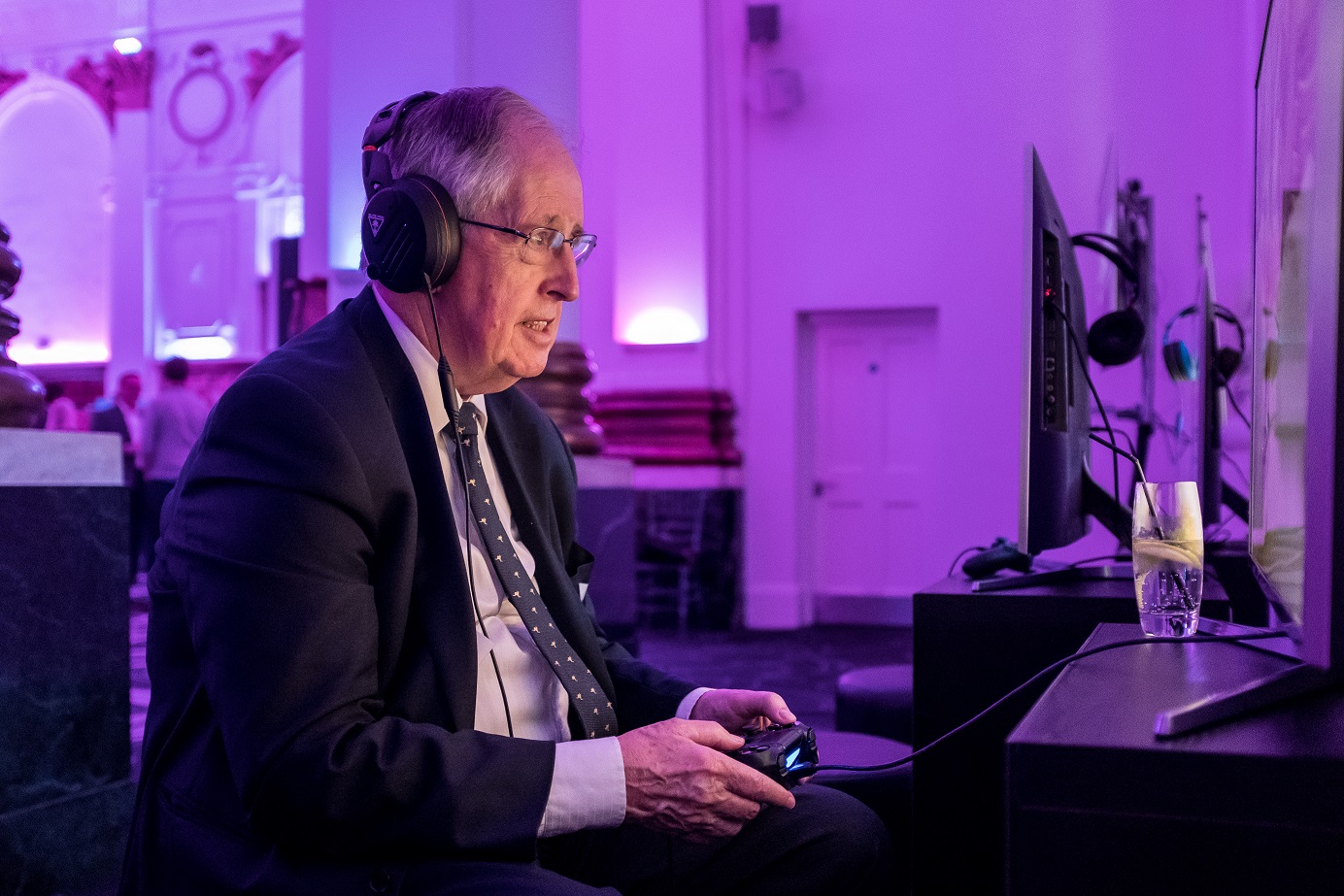In December the World Health Organisation signalled their intention to include "Gaming Disorder" as a serious health condition in their current draft of the International Classification of Diseases. Last updated in 1990, the eleventh edition of the manual is due to be published in Summer 2018. Ukie have been working hard behind the scenes alongside our international colleagues at ESA, ESA Canada, ISFE and IGEA to challenge this intention.
As a result of this collaboration with our global colleagues, we have written a robustly worded letter to the WHO, strongly encouraging them to reverse the direction of its proposed action.
After consideration of the matter and after consultation with experts in the field, the conclusion our global collaboration has reached is that the WHO proposal is deeply flawed and that the process leading to it has lacked transparency and adequate support. In our letter to the WHO we have outlined why we believe the current inclusion of “gaming disorder” is inappropriate, the reasons of which include:
- Expert opinion goes against such classification and there is no consensus in the research community on such a classification;
- This classification will have an adverse affect on the majority of the 2.2 billion people globally who play games through stigmatising something they enjoy as part of a healthy range of activities;
- The risk that this will take emphasis away from improving media and digital literacy and equipping children and young people with the critical thinking skills that will enable them to fully experience online environments safely;
- Their process is flawed with little or no transparency concerning the evidence basis or how decisions are made on any additional inclusion to their list.
We should also be cautious about any generalisation through terms such as “games” or "gaming"; our sector produces a vastly diverse and creative range of games and experiences, which can be enjoyed with locally with friends, played safely online or simply by yourself, wherever you are. Games can educate players and provide invaluable ways to understand serious and diverse themes. They can impact real world science. They can grow cognitive skills, problem solving abilities, critical thinking, empathy and resilience.
The interactive entertainment industry is playing a leading role in the development of emerging technologies, including virtual reality, augmented reality, artificial intelligence and big data analysis, and in aiding advances in research science across many fields ranging from mental health to STEM-based engineering careers. All of this may be jeopardised through the stigmatisation the games industry may suffer from such a classification.
We at Ukie have always promoted the positive and responsible approach to games and playing. We run askaboutgames.com, providing safe and sensible advice and guides to parental controls, age ratings and generally how to enjoy games in a balanced way. We collaborate with charities and with policy makers to promote those messages too. The games industry will continue to take a responsible approach to consumers and we will continue to educate parents, carers and the player community. We believe all players should play games as part of a healthy and balanced lifestyle, taking regular breaks and making use of parental controls to monitor game-play time.
Perhaps most importantly, games are fundamentally enjoyable and something with which billions of people choose to spend their time. By working together with representatives of all major global publishers and developers, we aim to ensure players can continue to enjoy games safely and responsibly, and this means that the science and research in our broad and complex sector is robust and held to the highest standards.

